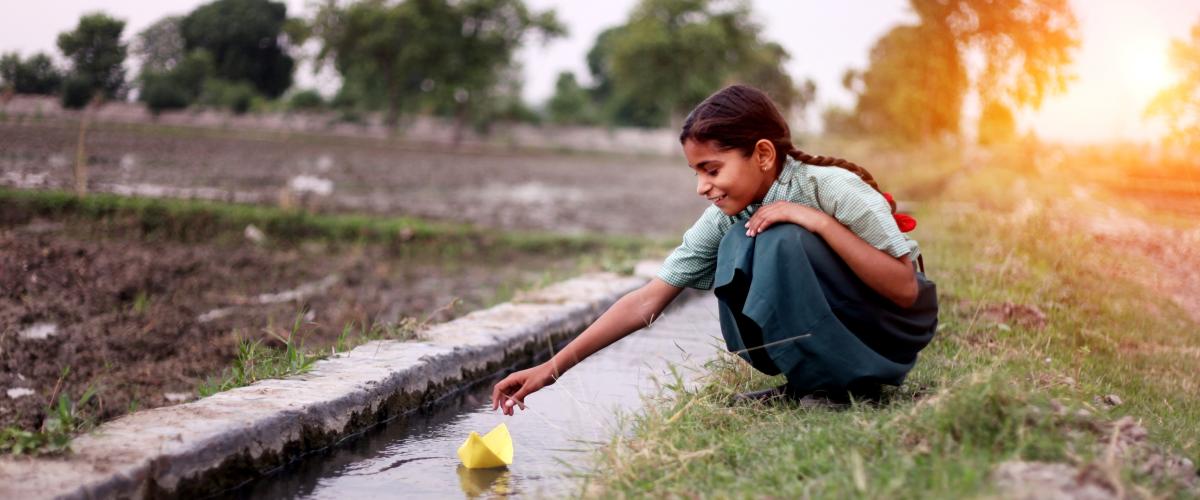
News
A new report from the World Bank identifies factors that increase the risk of environmental-induced disaster and outlines ways to change the disaster reduction landscape.
Goats and Soda spoke with [GFDRR's Stephane] Hallegatte about how natural disasters disproportionately hurt the poorest people — and ways to help mitigate some of that damage.
The great disasters of the past – like the eruption of Vesuvius in 79 AD or the hurricane that devastated Santo Domingo in 1930 – can provide valuable lessons to help governments and institutions increase the resilience of communities in the face of modern challenges, such as climate change and rapid urbanization.
The beginning of the month marked the start of the third season of the Pacific Catastrophe Risk Insurance Pilot. The program has already proven its rapid response capability as Tonga received a payout of US$ 1.27 million two weeks after Cyclone Ian.
Q&A on how innovation is changing the way we look at disaster risk.
The estimate is based on the impact of disasters such as floods, windstorms, earthquakes, and tsunamis on people’s well-being, Stephane Hallegatte, one of the authors of the report which was released on Wednesday, said in an email.
The Lao Ministry of Labor and Social Welfare, World Bank, United Nations in Lao PDR, and European Union in Laos gathered with concerned government departments, development partners, and NGOs, to launch a Post Disaster Needs Assessment in the aftermath of major 2018 floods.
The African Development Bank (AfDB) and the World Bank have completed a seminar on improving the hydrological and meteorological systems in Africa.
GFDRR's new risk tool, ThinkHazard!, is a web based system for developing countries that allows a basic assessment of hazard across a range of perils on a geographical basis.
Deficient recovery is imperiling sustainable development, and leaving millions of the most vulnerable behind
